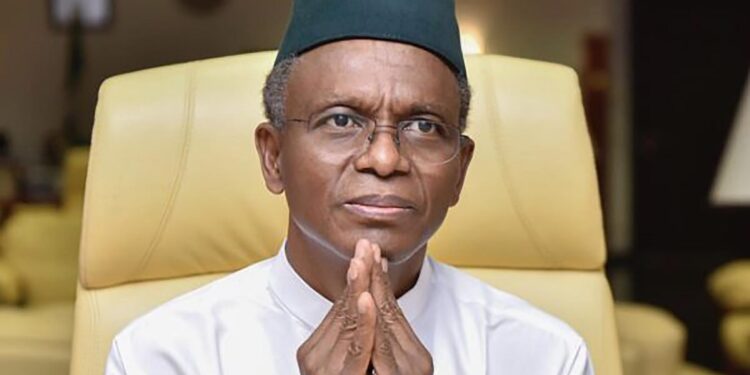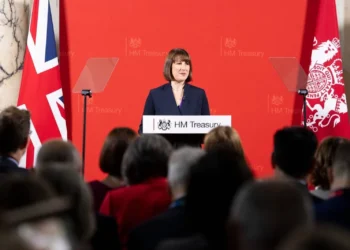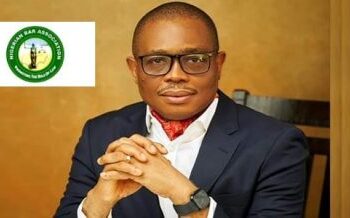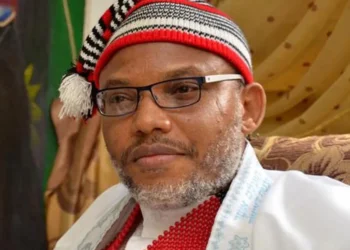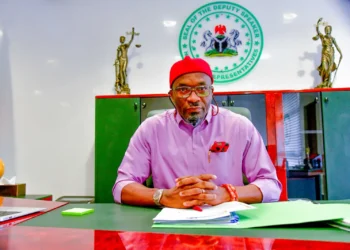Mallam Nasir El-Rufai, the former Governor of Kaduna State, was once a towering political figure in Nigeria, wielding immense influence within the corridors of power. During the administration of former President Muhammadu Buhari, he positioned himself as a key player in national politics, often taking controversial stances that reinforced his reputation as a fearless and strategic politician. However, as Nigeria moves closer to the next general elections, El-Rufai appears to be struggling to reclaim his relevance in the political landscape. His recent attempts to align himself with new political structures have been met with resistance, raising questions about his future in Nigerian politics.
El-Rufai’s Dominance During the Buhari Era
El-Rufai’s political journey reached its peak during the eight years of Buhari’s presidency. As governor of Kaduna State from 2015 to 2023, he played a significant role in shaping national policies, especially in the areas of governance and political alignment within the ruling All Progressives Congress (APC).
He was not just a state governor but also one of Buhari’s most trusted allies, often acting as a bridge between the presidency and key political blocs. His boldness in speaking on national issues, including the controversial restructuring debate, endeared him to some and alienated others.
More importantly, El-Rufai was instrumental in consolidating APC’s grip on power in Kaduna and beyond. He ensured that his political influence extended beyond his immediate constituency, making himself a major force in the party’s decision-making process. His power grew to the extent that he was considered one of the most influential governors within the APC structure.
El-Rufai’s Role in the 2023 Elections and His Falling Out with Tinubu
El-Rufai’s influence was again evident during the buildup to the 2023 elections. Initially, there were speculations that he harboured personal ambitions to become either the vice president or a key minister in the incoming administration. However, he eventually threw his weight behind Bola Ahmed Tinubu, who emerged as the APC presidential candidate.

Despite being vocal about his support for Tinubu, it became evident after the elections that his role in the new government would be minimal. He was initially considered for a ministerial position but failed to make the final list due to alleged security concerns raised during the screening process. This marked the beginning of his gradual exit from the inner circles of power.
El-Rufai’s fallout with Tinubu was not just about his failed ministerial bid but also about deeper political manoeuvring within the APC. His past criticism of certain political players in the ruling party, as well as his open disagreements with key figures in the Tinubu administration, made it difficult for him to secure a strong position in the new government.
His exclusion from the federal cabinet was a significant political blow, signalling a shift in his fortunes and diminishing his influence within the APC power structure. Unlike during Buhari’s era, where he was at the heart of major political decisions, El-Rufai now finds himself sidelined, struggling to find a new political foothold.
The SDP Controversy and the Search for Relevance
With his influence in APC drastically reduced, El-Rufai appears to be exploring other political platforms to remain relevant. His name has recently been linked to the Social Democratic Party (SDP), sparking speculations about a possible defection. However, the Kaduna State chapter of the SDP has distanced itself from him, stating that there are no official records of his membership.
The rejection of his purported membership by the SDP underscores the challenges he faces in re-establishing his political relevance. His political brand, once seen as formidable, is now encountering resistance even within smaller political circles. The leadership of the SDP in Kaduna has accused certain individuals of attempting to hijack the party, a claim that some believe may be linked to El-Rufai’s alleged attempts to infiltrate and take control of the party’s structure in the state.
If indeed El-Rufai is looking at the SDP as a new political vehicle, then his rejection by the party’s leadership represents yet another setback in his attempts to reclaim national influence. Unlike the APC, where he once held significant sway, he now finds himself struggling to even gain a foothold in an opposition party.
What Lies Ahead for El-Rufai?
The political landscape in Nigeria is constantly evolving, and El-Rufai is now at a crossroads. His options for regaining prominence are limited, especially as the next general elections approach. He could attempt to mend fences within the APC, but given his history of outspokenness and political conflicts, this may not be an easy task.
Another option could be to fully align himself with an opposition party, but as seen in the SDP controversy, he may face stiff resistance. The reality is that many within the Nigerian political establishment view him as a disruptive force—an individual whose political style is aggressive and confrontational. While this worked to his advantage in the past, it may now be a liability in a political era that requires more coalition-building and strategic alliances.
El-Rufai’s political brand was built on his ability to challenge the status quo and influence major decisions at the national level. However, his current struggles indicate that his influence has waned significantly. Whether he can stage a political comeback will depend on his ability to navigate the evolving political dynamics in Nigeria.
One thing remains certain: El-Rufai is too politically ambitious to fade into obscurity without a fight. Whether through alliances, strategic positioning, or a potential return to APC’s mainstream, he will likely continue seeking avenues to reclaim his position in Nigerian politics.
Nigerian politics is fluid, and comebacks are not impossible. The coming months will be crucial in determining whether he can rebuild his influence or if he will remain a sidelined figure in the political arena.
As the next general elections draw closer, all eyes will be on El-Rufai to see if he can successfully reposition himself or if his political journey will continue on its current downward trajectory.


